
Shale novice to head Argentina’s energy portfolio
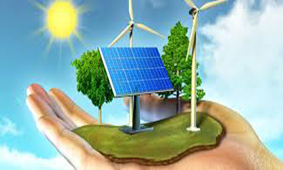
Fernandez will take over the presidency from Mauricio Macri, whose four-year pro-business administration sought to reverse state economic intervention, including a web of energy subsidies that hampered investment.
Fernandez's appointment of Sergio Lanziani to head the energy secretariat has raised concerns in the hydrocarbons industry that decision-making to determine the path of shale development will fall into inexperienced hands. Misiones is home to the 3.2GW Yacyreta binational hydroelectric dam with Paraguay and does not produce any oil or gas.
Despite previous speculation to the contrary, Fernandez does not plan to restore the ministerial status of the energy portfolio. Macri downgraded the energy ministry to a secretariat last year as a cost-cutting measure. But under the new administration, the energy secretariat will come under the production ministry, rather than the economy ministry, suggesting that Lanziani may have a lower profile than his outgoing predecessor Gustavo Lopetegui.
One of the few measures that Fernandez has outlined as an energy sector priority is the unpegging of wholesale electricity prices from the US dollar to insulate consumers from shocks. But he has not specified his approach toward Vaca Muerta, the Neuquen province shale play that has attracted several large oil companies in recent years.
The other key energy sector appointment announced by Fernandez is Guillermo Nielsen, a former finance secretary who will become board chairman of state-controlled YPF. The oil and gas company was nationalized in 2012 under the administration of Fernandez's incoming vice president Cristina Fernandez de Kirchner, who is not related to the president-elect.
Nielsen has been a top proponent of legislation that would insulate Vaca Muerta investment from the wider economy while also imposing fiscal incentives to promote investment.
Although the proposed legislation is still in the planning stages, Nielsen's appointment appears to reflect Fernandez's stated view that the shale play is key to the country's economic development.
Nielsen has friendly ties to the business community and was one of Fernandez's main overseas emissaries during the campaign and after the 27 October election to assuage investors, who feared that a Fernandez presidency would bring back the populist policies of his vice president and her predecessor, Nestor Kirchner.
Cristina Fernandez led Argentina for two terms from 2007 through 2015.
The development of Argentina's shale sector was one of the few economic bright spots of Macri's four-year administration, which has been marked by high inflation, rising poverty and soaring debt.
Although shale oil and gas production has climbed over the past year, shale drilling plummeted amid 90-day price restrictions on crude and fuel that ended last month.
Since Macri took office in December 2015, renewable energy began to take root in Argentina. More than 240 renewable projects that would add 6.3GW of installed generating capacity were awarded. But less than 50 of those projects have started commercial operations, partly reflecting financing impediments.
A leading figure in the Fernandez cabinet will be Martin Guzman, a young academic and debt expert who will head the economy ministry. Fernandez has said the country's sovereign debt, including a record $57bn standby loan from the International Monetary Fund, must be restructured. Guzman is an acolyte of Nobel prize economist Joseph Stiglitz of Columbia University who is an outspoken critic of austerity measures.
By Daniel Politi


Gold price eases after Trump downplays clash with Fed chair Powell

Copper price hits new record as tariff deadline looms
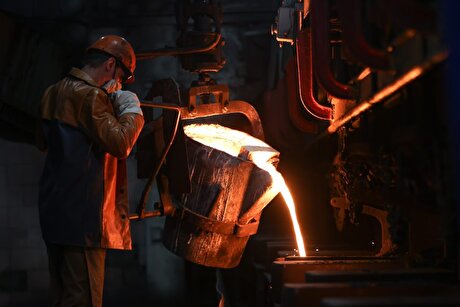
Brazil producers look to halt pig iron output as US tariff threat crimps demand
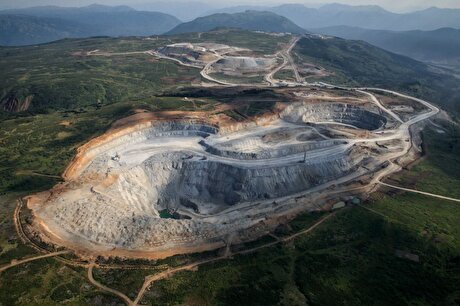
Three workers rescued after 60 hours trapped in Canada mine

Gold price could hit $4,000 by year-end, says Fidelity
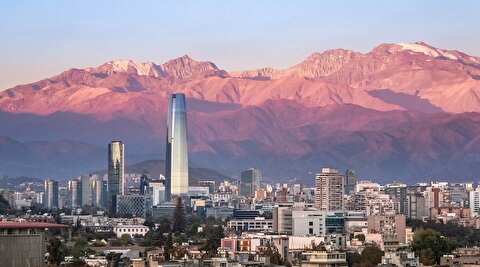
Chile’s 2025 vote puts mining sector’s future on the line
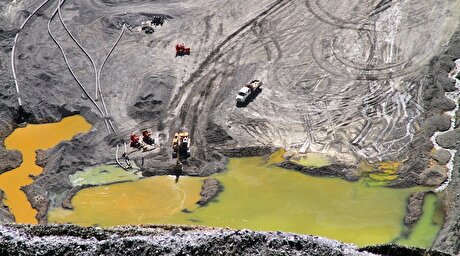
US targets mine waste to boost local critical minerals supply
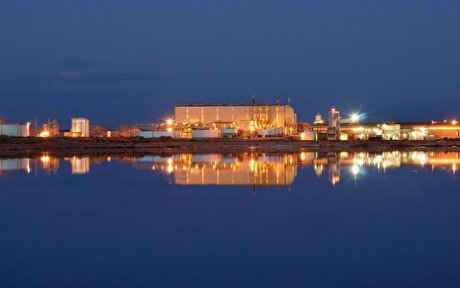
Energy Fuels surges to 3-year high as it begins heavy rare earth production
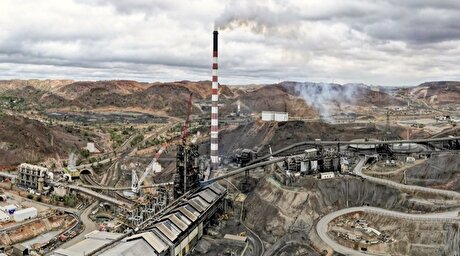
Glencore workers brace for layoffs on looming Mount Isa shutdown
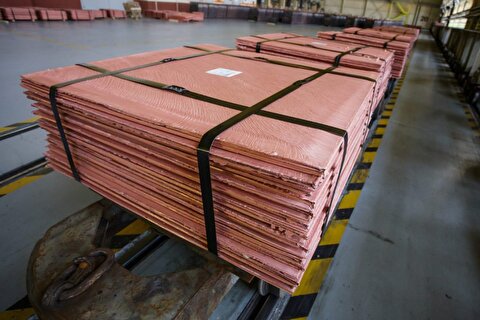
Trump tariff surprise triggers implosion of massive copper trade
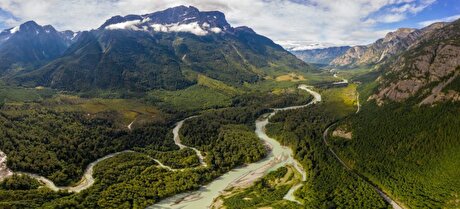
Maxus expands land holdings at Quarry antimony project in British Columbia
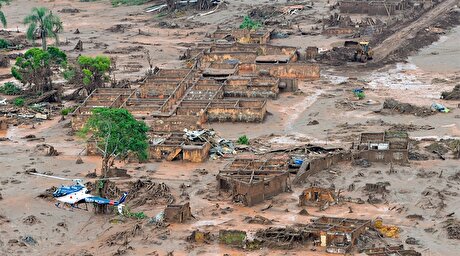
BHP, Vale accused of ‘cheating’ UK law firm out of $1.7 billion in fees
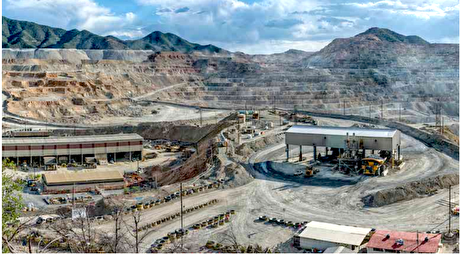
Southern Copper eyes $10.2B Mexico investment pending talks
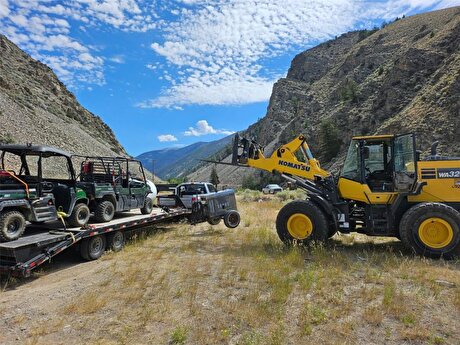
American Tungsten gets site remediation plan approved for Ima mine in Idaho
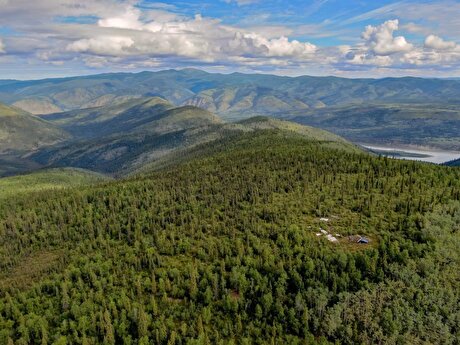
Kinross divests entire 12% stake in Yukon-focused White Gold

Gold price could hit $4,000 by year-end, says Fidelity

Southern Copper expects turmoil from US-China trade war to hit copper

Ramaco Resources secures five year permit for Brook rare earth mine in Wyoming

Column: EU’s pledge for $250 billion of US energy imports is delusional

Trump tariff surprise triggers implosion of massive copper trade

Maxus expands land holdings at Quarry antimony project in British Columbia

BHP, Vale accused of ‘cheating’ UK law firm out of $1.7 billion in fees

Southern Copper eyes $10.2B Mexico investment pending talks

American Tungsten gets site remediation plan approved for Ima mine in Idaho

Kinross divests entire 12% stake in Yukon-focused White Gold

Gold price could hit $4,000 by year-end, says Fidelity

Southern Copper expects turmoil from US-China trade war to hit copper

Ramaco Resources secures five year permit for Brook rare earth mine in Wyoming














